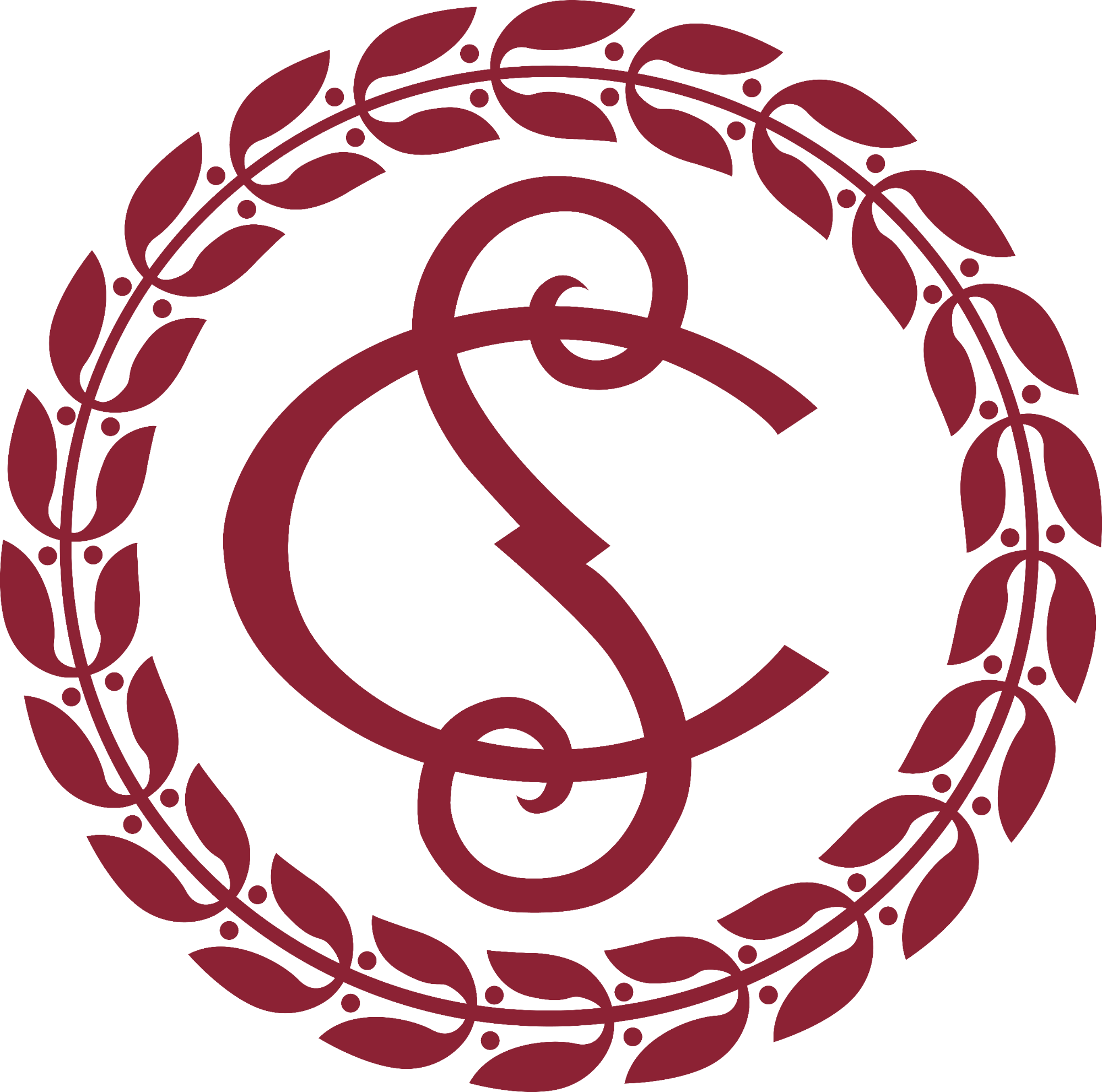Case in Brief
Cases in Brief are short summaries of the Court’s written decisions drafted in plain language. They are prepared by communications staff of the Supreme Court of Canada. They do not form part of the Court’s reasons for judgment and are not for use in legal proceedings.

Conseil scolaire francophone de la Colombie-Britannique v. British Columbia
Additional information
- See full decision
- Date: June 12, 2020
- Neutral citation: 2020 SCC 13
-
Breakdown of the decision:
- Majority: Chief Justice Richard Wagner allowed the appeal in part (Justices Abella, Moldaver, Karakatsanis, Côté, Martin, and Kasirer agreed)
- Dissenting in part: Justices Russell Brown and Malcolm Rowe mostly agreed with the majority, but said the existence of programs or services for a certain number of majority-language speakers should be considered, but shouldn’t determine the appropriateness of programs or services for the same number of minority-language speakers
- On appeal from the Court of Appeal for British Columbia
- Case information (38332)
- Webcast of hearing (38332)
- Lower court rulings:
Case summary
Children who study in English or French should get the same quality of education, and eight B.C. communities should get French-language schools, the Supreme Court has ruled.
The Canadian Charter of Rights and Freedoms is part of Canada’s Constitution. It sets out the rights and freedoms of all Canadians. Some of those Charter rights protect the use of Canada’s official languages, English and French. Section 23 of the Charter is about the right to go to school in English or French, even when it’s not the main language of the province or territory. It says people whose first language is the minority language, or who went to primary school in that language, can send their kids to school in that language. But there have to be enough children in a community to justify it. Section 23 doesn’t say exactly how many children is enough for different levels of services. (For example, their own classrooms, their own schools, or their own school boards.) It also doesn’t say how good the education in those schools has to be.
The Conseil scolaire francophone de la Colombie-Britannique is B.C.’s French-language school board. The school board and some parents said B.C. hadn’t done enough for French-language schools in the past. It wanted the government to fix school buildings and property and to build new schools because the number of students was going up. It said the government’s laws and policies breached the French-speaking community’s language rights under section 23. B.C. said there weren’t enough students for new schools and that the existing schools were good enough. It also said it would cost too much to provide all the services the school board wanted.
The trial judge said there were enough children for a school in some, but not all, parts of B.C. By not providing those schools, B.C. breached the French-speaking community’s rights under section 23. But she said this didn’t mean B.C. had to build new schools right away. She said it had to pay $6 million in damages for not funding school buses, though. The Court of Appeal agreed with the trial judge but said the government didn’t have to pay the $6 million.
The majority of judges at the Supreme Court of Canada said the lower courts interpreted section 23 of the Charter too narrowly. They said school helps preserve the language and culture of official-language minorities. That’s why the right to go to school in the minority language is protected.
The majority set out a way to decide what kinds of programs and services minority-language students should get. In general, it said they should get their own school if the government gave one to the same number of majority-language speakers somewhere in the province. This would promote fairness and make sure public funds are spent wisely. In B.C., it means that there were enough students to justify eight new French-language schools. They said a trial court should decide about one more school.
The majority also said all children deserve the same opportunities. That means that minority- and majority-language students should get the same quality and experience at school. Going to a small school shouldn’t mean students get a worse education.
Under section 1 of the Charter, certain rights can be limited. But this is only if the limit is reasonable and can be justified in a free and democratic society. The majority said it would be very difficult to justify a limit for section 23. Section 23 is already limited because the right depends on there being enough students. Plus, it requires the government to spend money on schools. So the majority said that saving money wasn’t a good enough reason to justify breaching section 23.
The majority also said governments can’t avoid paying damages for decisions based on their policies. This is in order to ensure they respect people’s rights. That meant B.C. had to pay the $6 million for not funding school buses. It also had to pay $1.1 million because it hadn’t given the school board enough money for rural schools.
This was one of two cases heard during the Supreme Court’s visit to Winnipeg, Manitoba in September 2019. It was the first time in history the Court sat outside of Ottawa.
